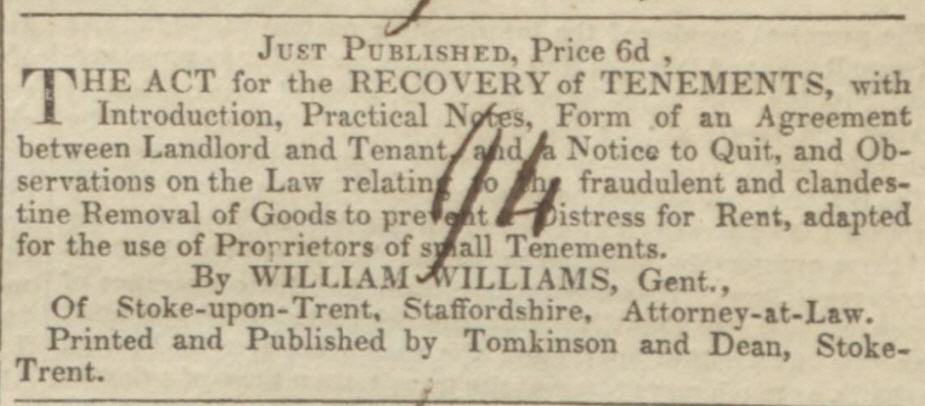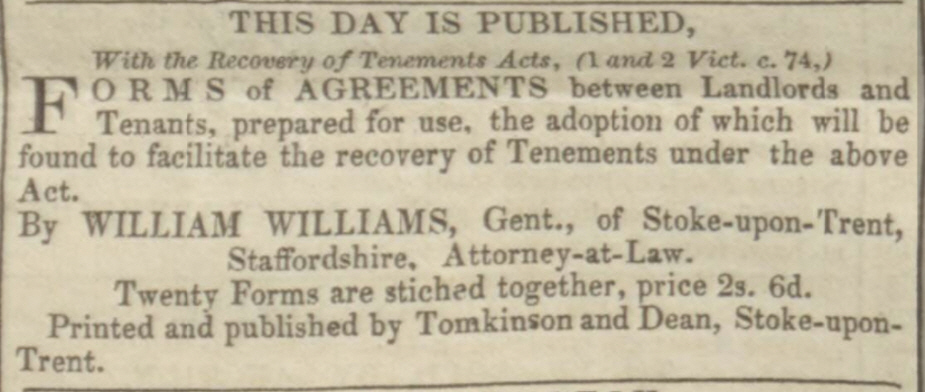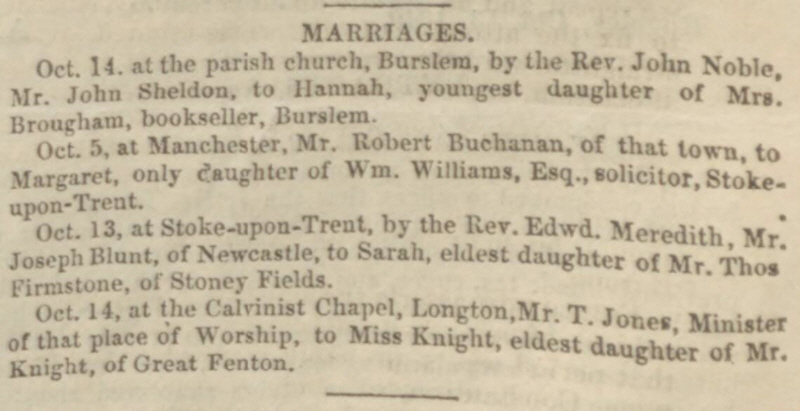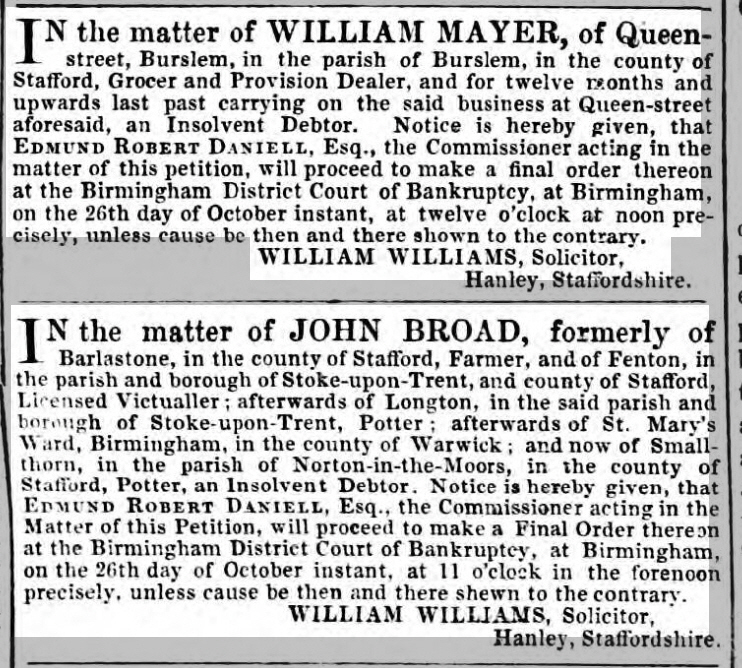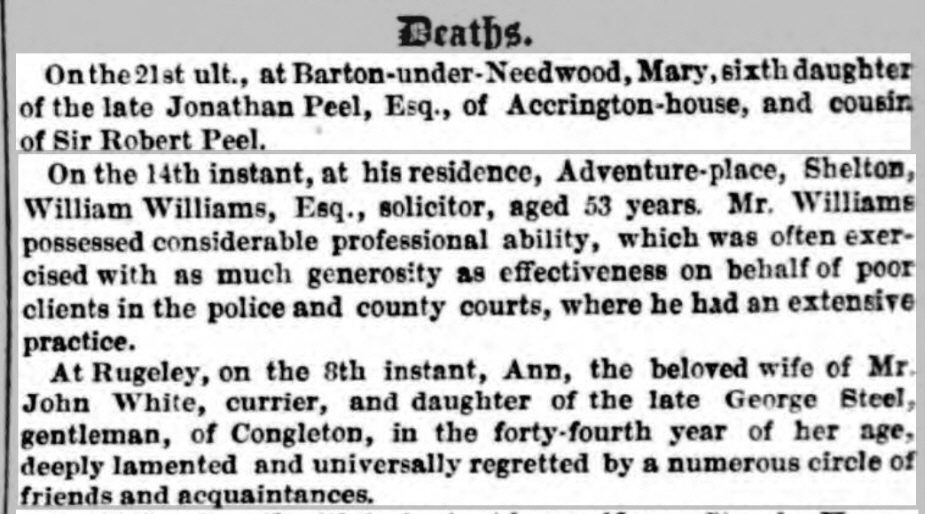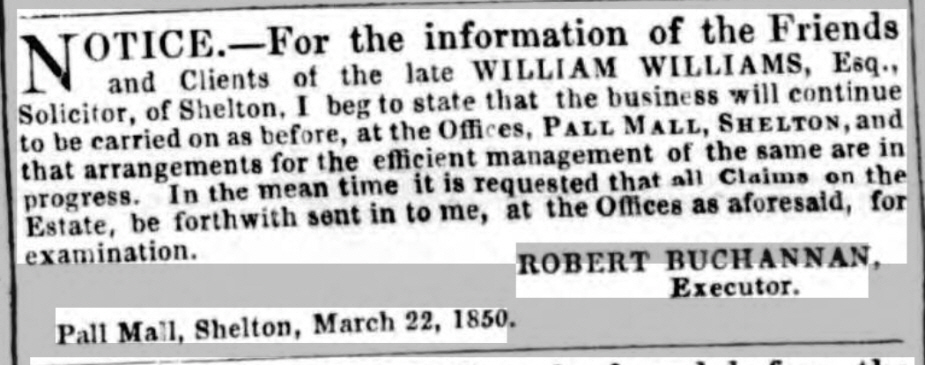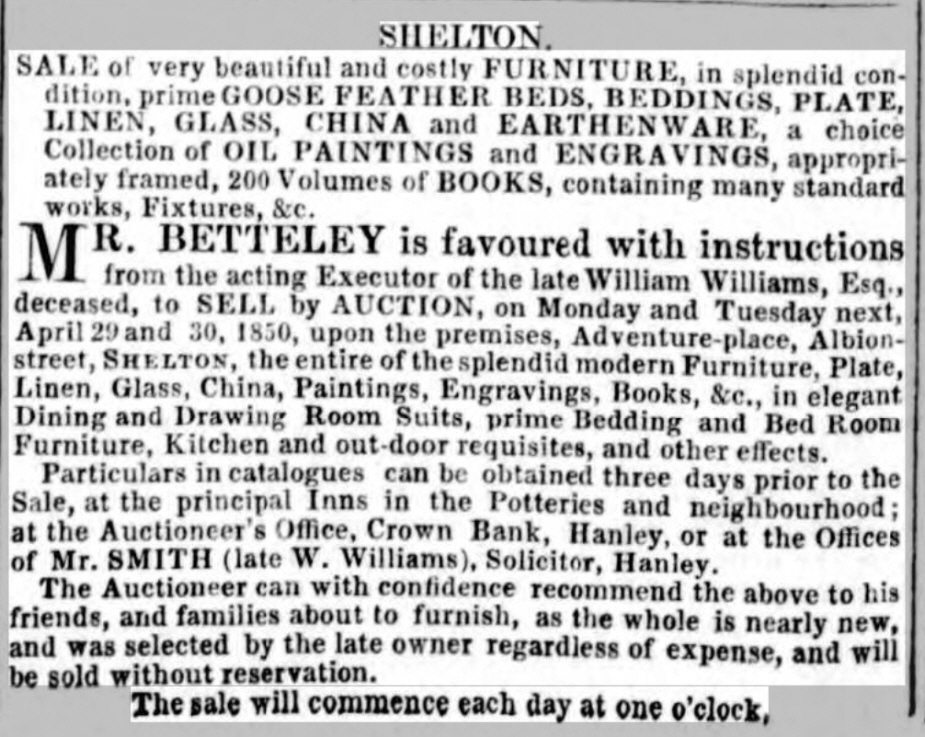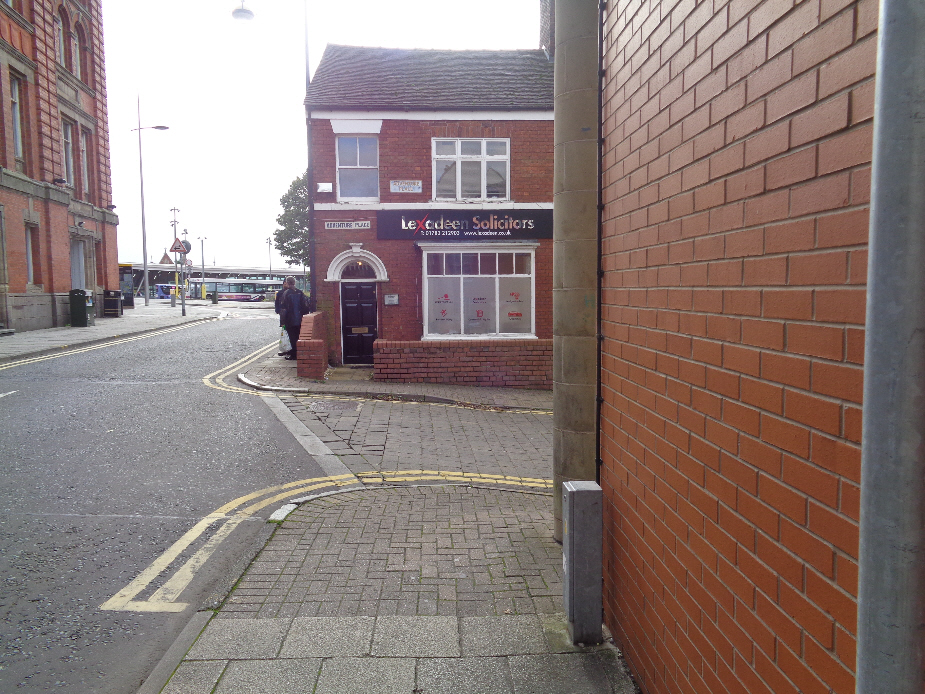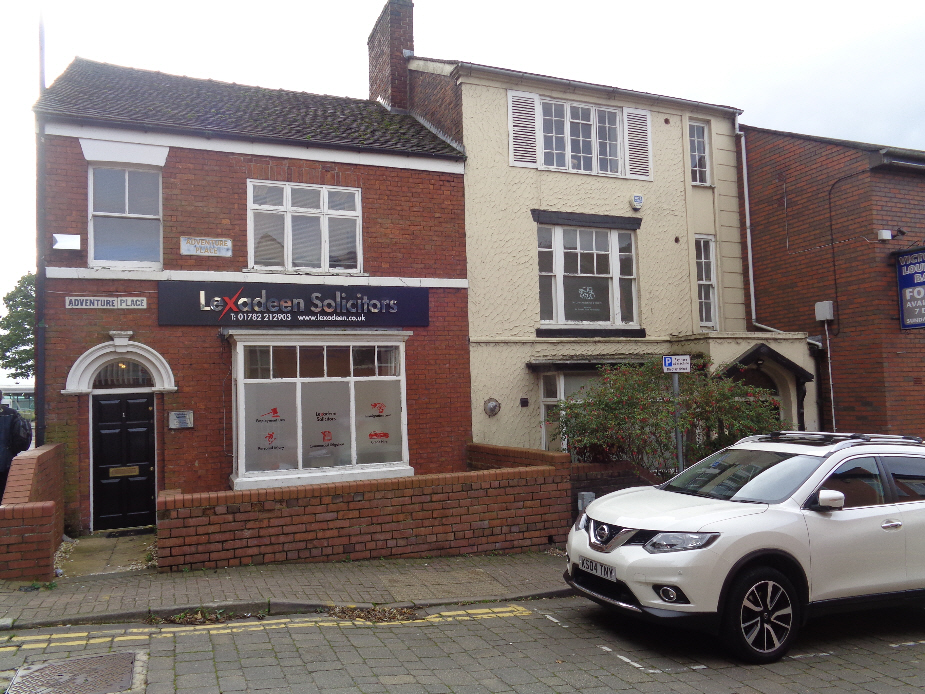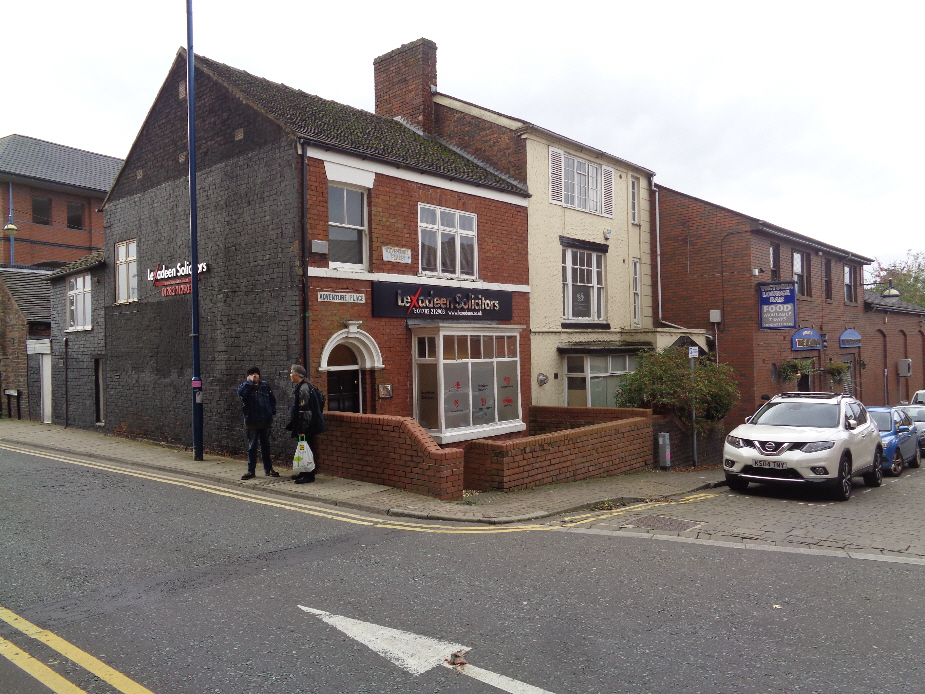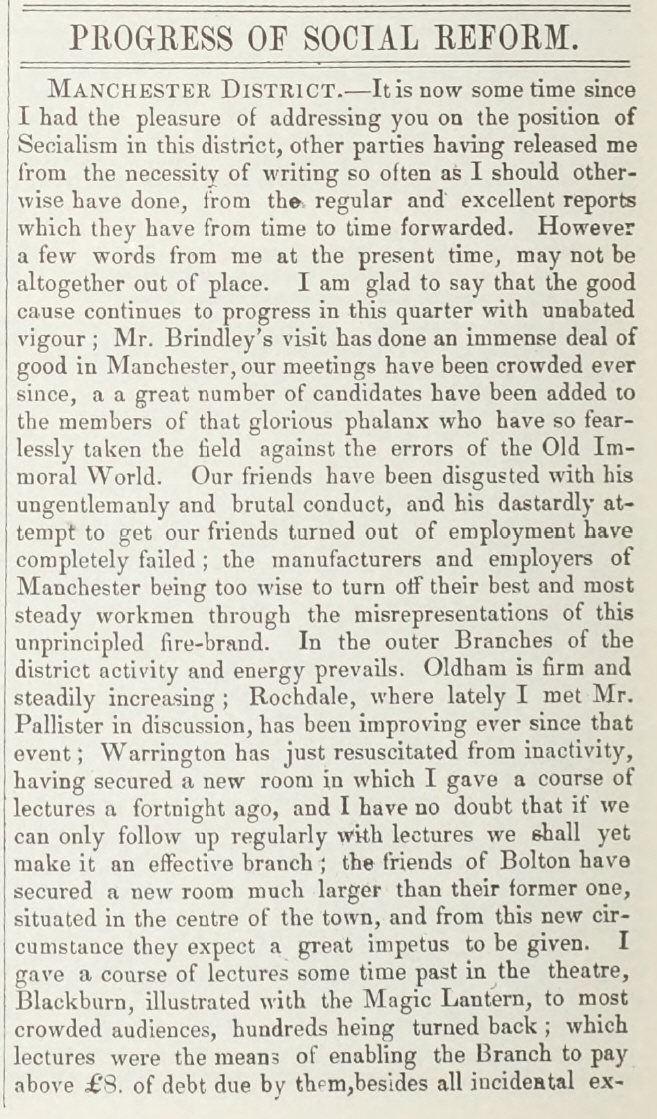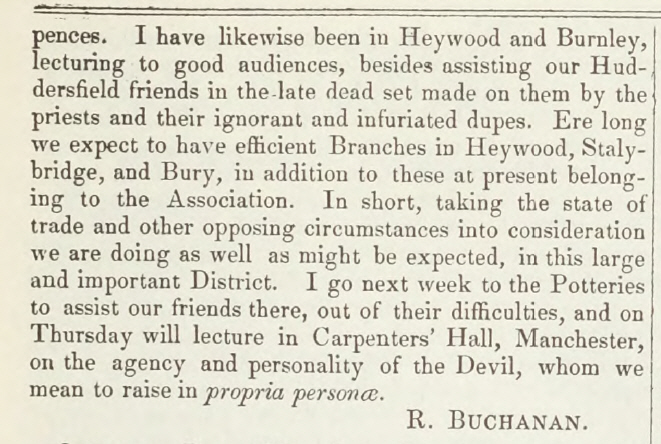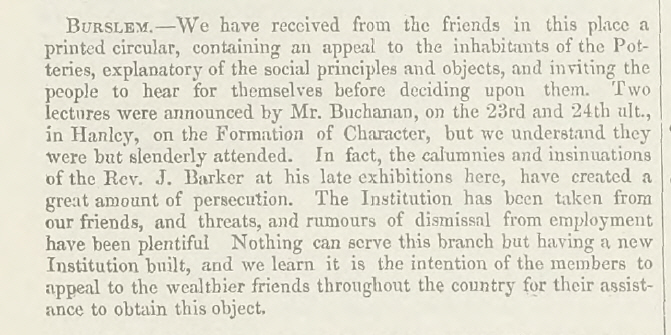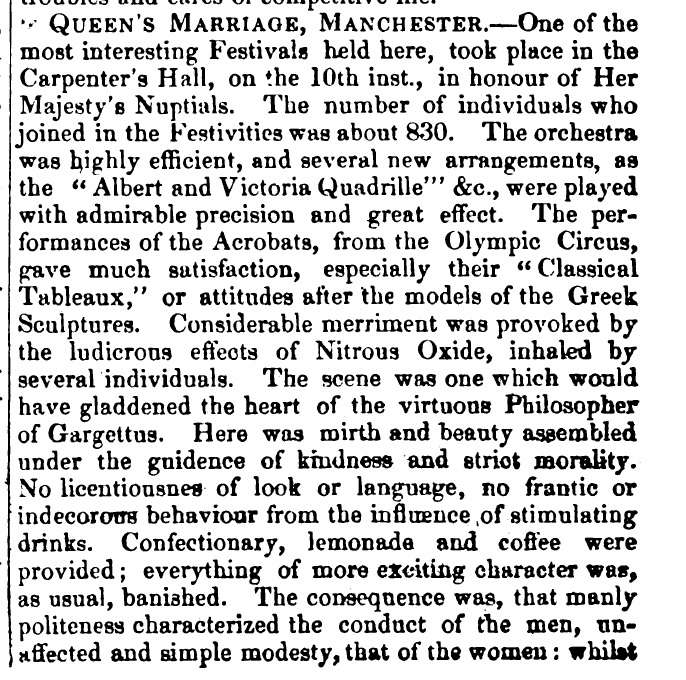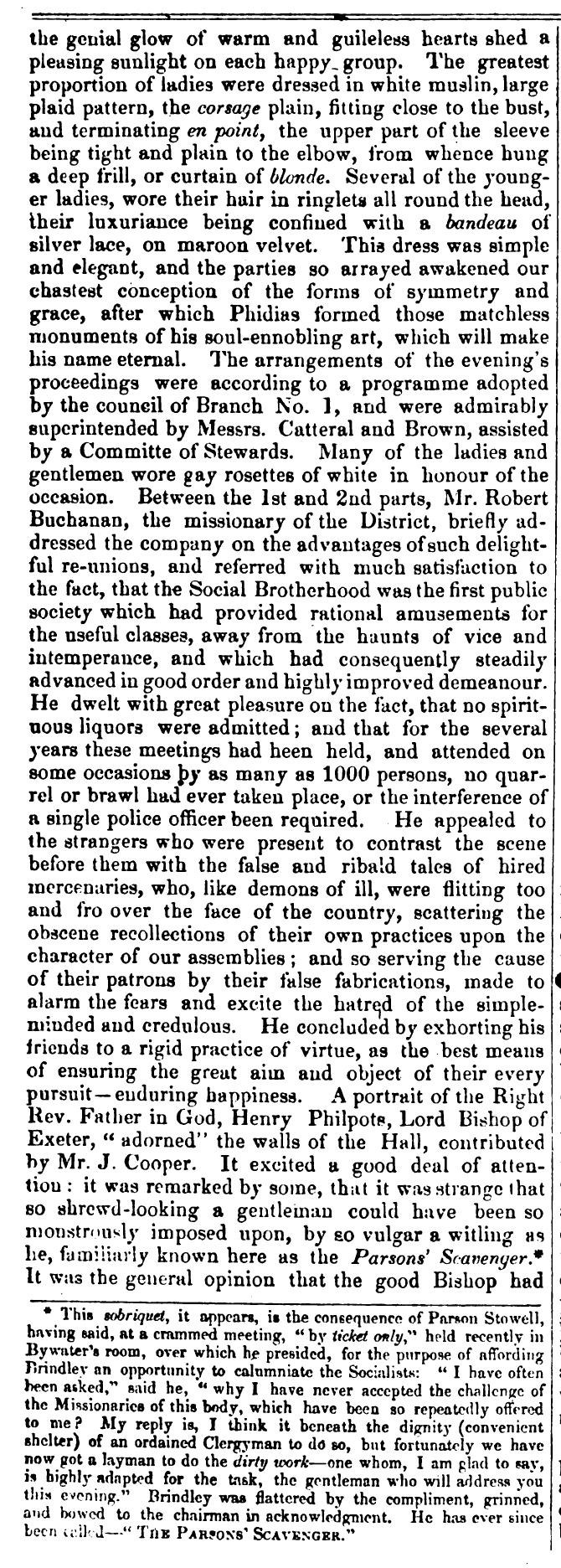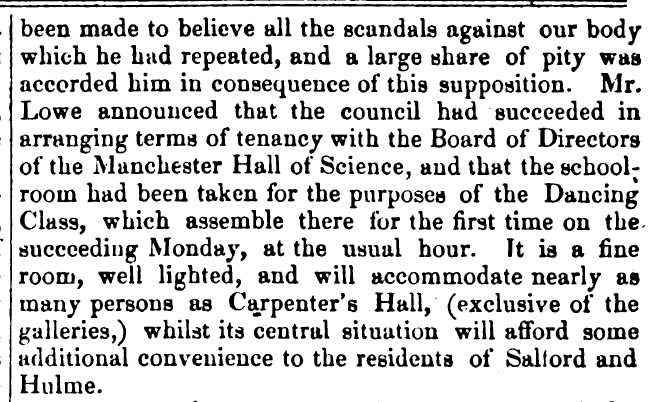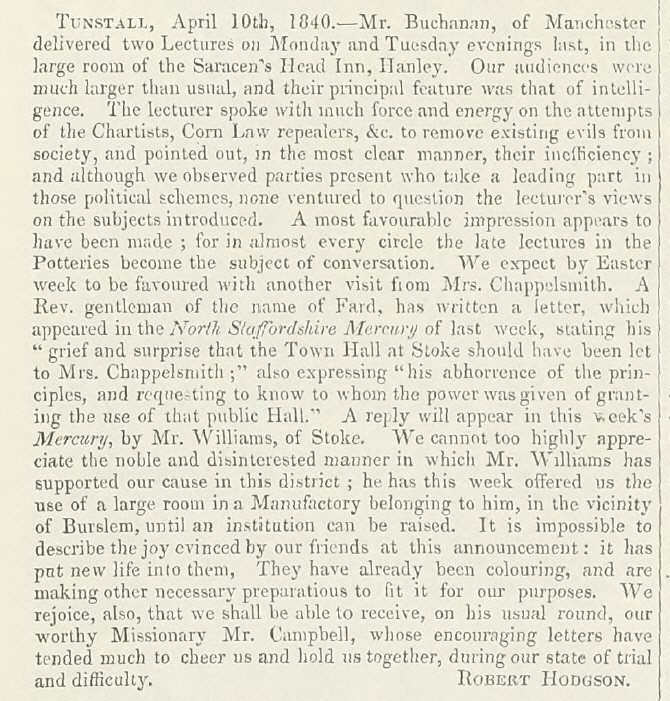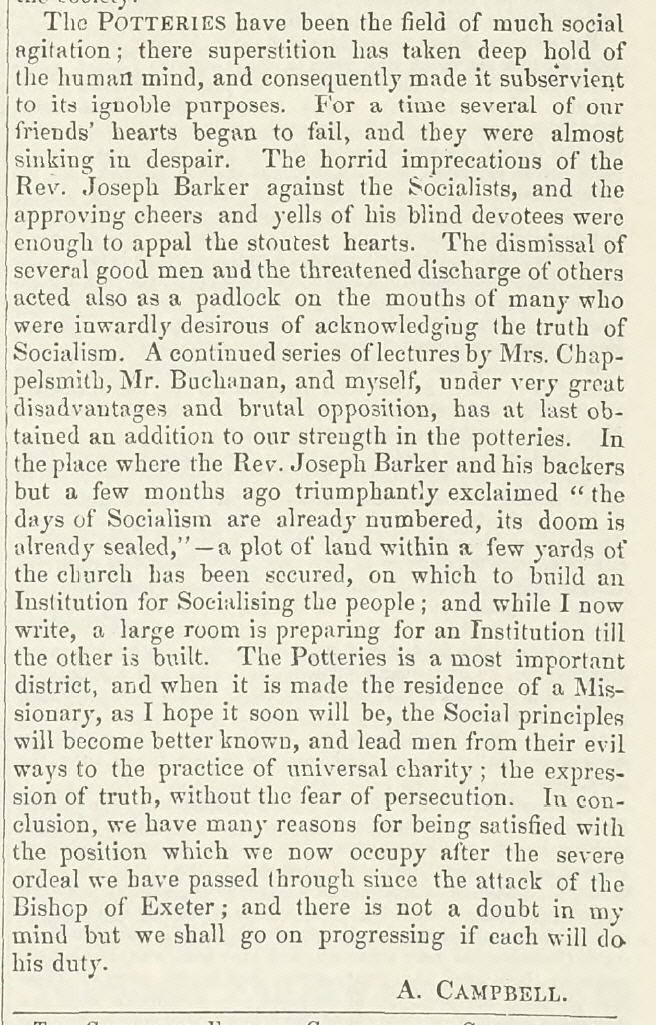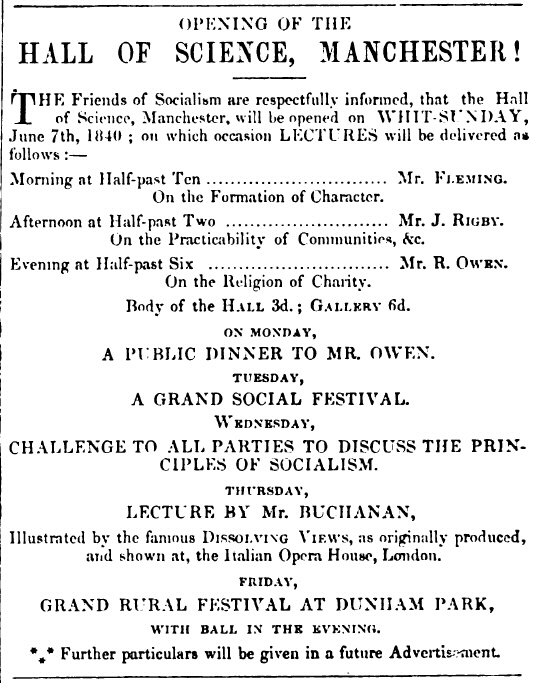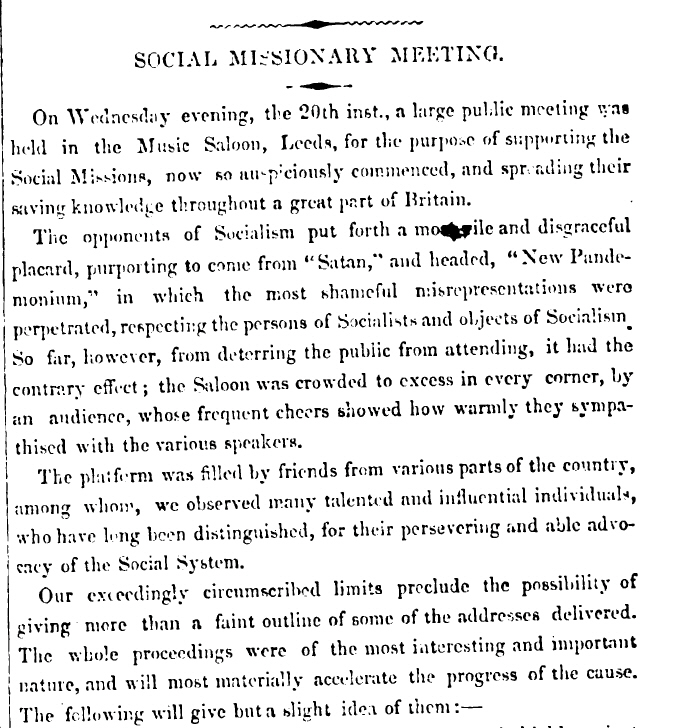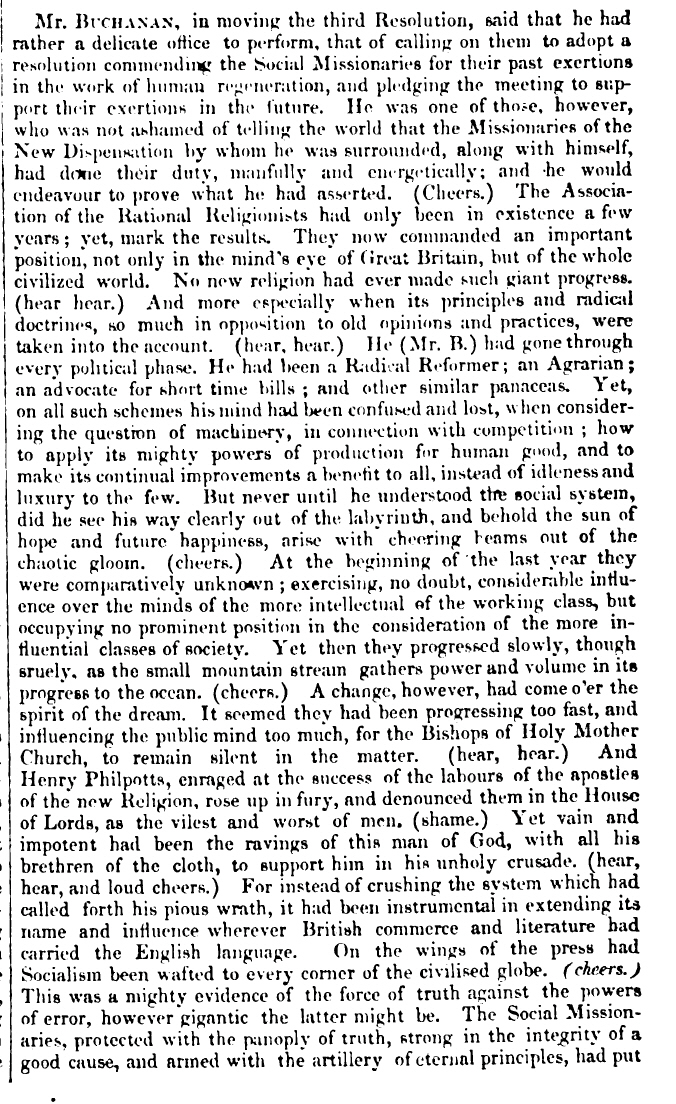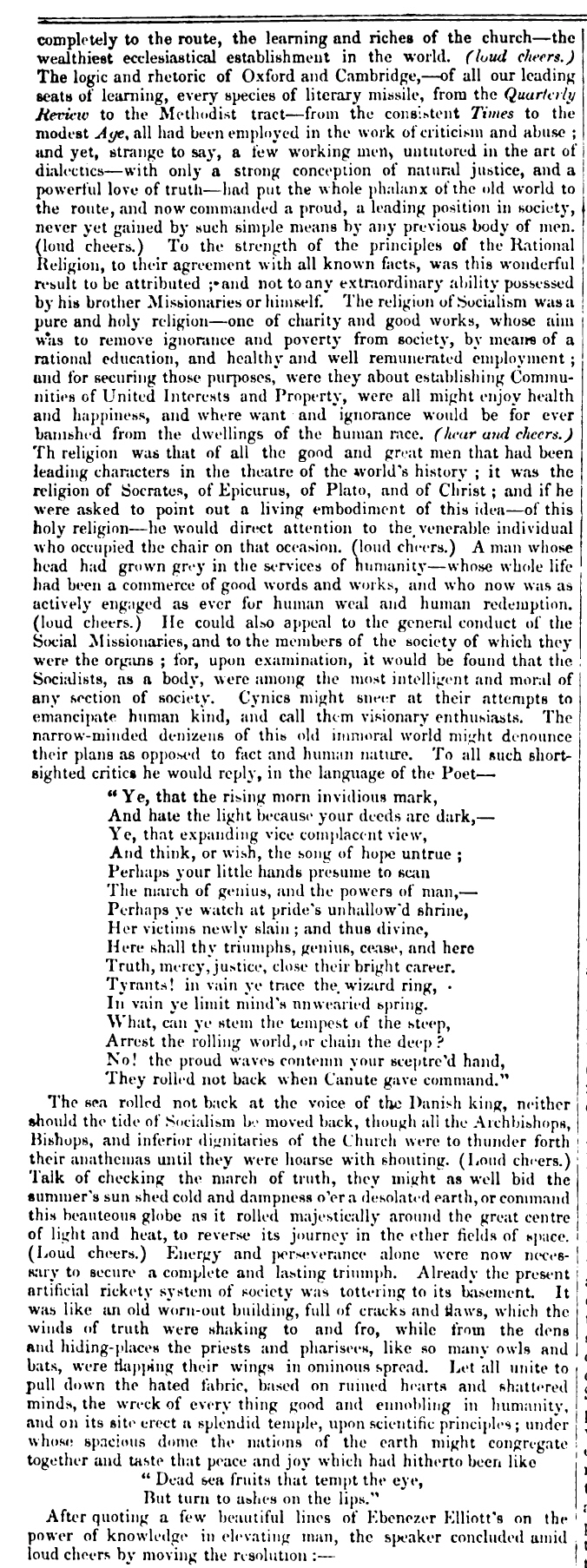|
SOCIALISM
I added this section to the site in October 2020, when the President of the United States had declared Socialism the true enemy of the people and a year after the vilification and persecution of Jeremy Corbyn by the massed ranks of the media (both right-wing and mainstream) at the behest of their masters, had ensured that there would never be a Socialist government in Britain.
It began as a simple attempt to gather together all the available information about Robert Williams Buchanan’s maternal grandfather, William Williams, but then drifted into more of a collection of material about the nature of Robert Owen’s crusade in the years just before the birth of the writer. We begin with this passage from Chapter I of Harriett Jay’s biography of Robert Williams Buchanan:
‘The poet’s grandfather, known throughout the Midlands as “Lawyer Williams,” was a very remarkable man. Quite early in his career he had come under the influence of Robert Owen and had accepted that philanthropist’s ideas on social, political, and religious problems—in fact, he was a freethinker of the most advanced school. He fearlessly proclaimed his opinions in and out of season, and this exceptional candour, so far from hindering his progress in his profession, gained for him the respect of his most bitter opponents. It was a favourite dictum of his, that there was no such anachronism as an “honest lawyer,” but he himself was honesty incarnate, a living refutation of his own dictum; and his fearlessness, his unselfishness in helping the weak and in denouncing every form of injustice, earned for him the title of the “poor man’s friend.”
At the time that the war against Capital and Superstition was raging, “Lawyer Williams” followed his profession as a solicitor in Stoke-upon-Trent, and his house became the temporary home of every wandering preacher of the cause who visited the district. He entertained the lecturers, he presided at their meetings, he furthered, both publicly and privately, the dissemination of the new doctrines, and only his great popularity with the lower classes saved him from personal violence. Again and again when the mob rose in its fury, when public halls were wrecked and Owen’s lecturers were compelled to fly for their lives, the only refuge in Stoke was the house of “Lawyer Williams,” and while some trembling apostle of freethought was being smuggled away through the back door, the “poor man’s friend” faced the furies and diverted their attention to his own person. Any other man’s house would have been burned down or razed to the ground; any other man would, in all likelihood, have been torn to pieces. Both the men and women of Stoke respected the man who had befriended them in a thousand ways, who had sacrificed time and money and reputation to the legal defence of the poorest and most wretched among them, and much as they loathed the opinions which he fearlessly shared, not one hand in all the crowd was raised against him. Nor was it among the poor and wretched alone that his name was a synonym for honesty, kindliness, and philanthropy. Even amongst the clergy, his bitterest opponents, he had sympathisers and well-wishers. Doctor Vale, the Vicar of Stoke, was the intimate friend of the lawyer and his wife, and on one occasion Mr. Williams protected him from the wild mob of hungry men and women who would otherwise have had his life.’
The Staffordshire Advertiser (22 September, 1838 - p.3)
|
